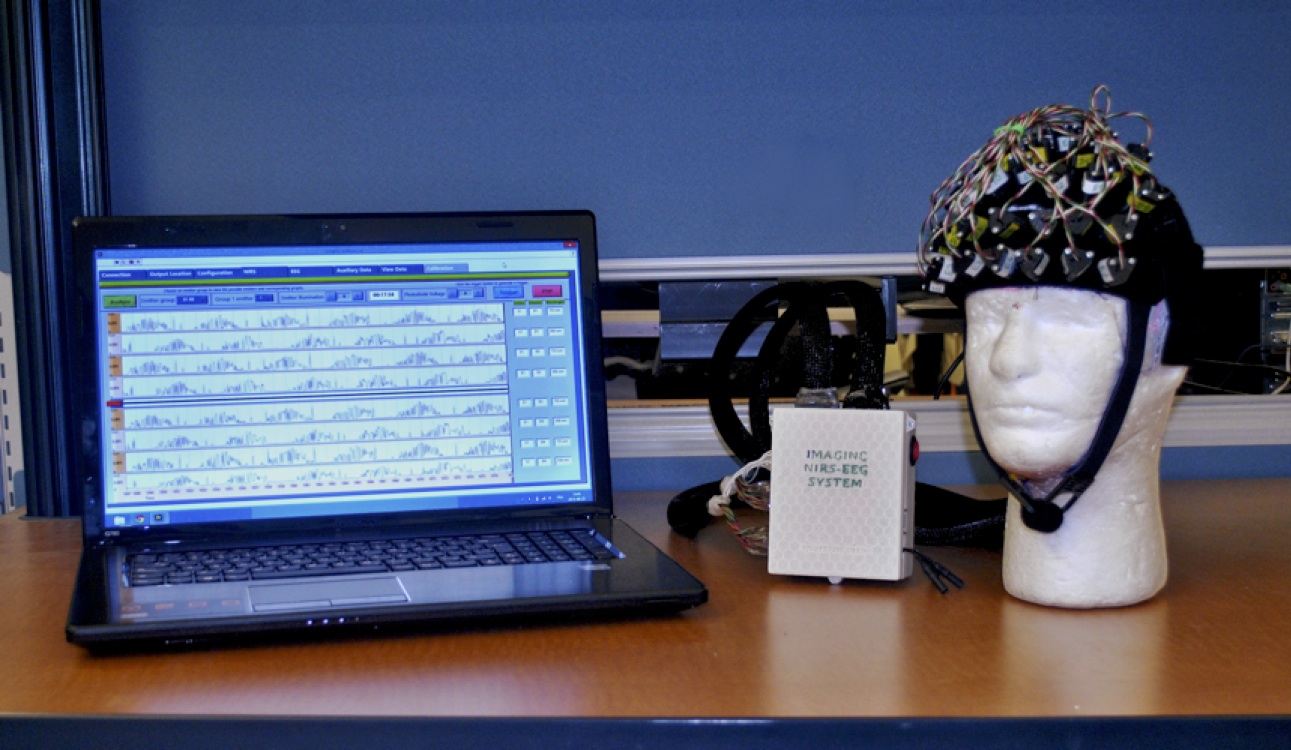One in 100 Canadians suffers from epilepsy. Once thought to be a sign of possession by the devil, today we understand that a "Grand mal" seizure is due to overstimulation of nerve cells in the brain. Science is not very good at predicting the sudden disruptive convulsions associated with the disorder, but this situation could soon change: Mohamad Sawan, a professor in the Department of Electrical Engineering at Polytechnique Montréal and Canada Research Chair in Smart Medical Devices, has designed the first portable multimodal system for continuous monitoring of the brain.
There is a real need for a system that can detect seizures in real-time before they occur, to allow us to better understand and, possibly, prevent them
For the moment, medications are used successfully to control epilepsy, which is the most common neurological disorder after the migraine. However, 30% of patients do not respond to conventional drug therapy. Half of these patients may benefit from brain surgery to identify and possibly remove the epileptic focus, which is the part of the brain where the seizures begin. But for 15 % of epileptics, there is no existing treatment for their condition. "There is a real need for a system that can detect seizures in real-time before they occur, to allow us to better understand and, possibly, prevent them", notes Mohamad Sawan.
To that end, the researcher designed a lightweight and comfortable headset consisting of a matrix of very fine wires, electrodes, transmitters and receivers. Using optics and electroencephalography, the system records the electrical activity of the brain, night and day. Data are collected on a portable hard disk the size of a cigarette pack with an integrated processor. A wireless message is automatically sent to a computer if a problem is detected. "We are also attempting to better localize the seizures, helping doctors to target the right area of the brain during epilepsy surgery", adds the world-renowned biomedical engineer.
Clinical trials—the last step before commercialization—are currently underway in several hospitals, including Hôpital Sainte-Justine. This headset could also be used to monitor early signs of heart attack or stroke, and could contribute to a better understanding of learning difficulties in children.




